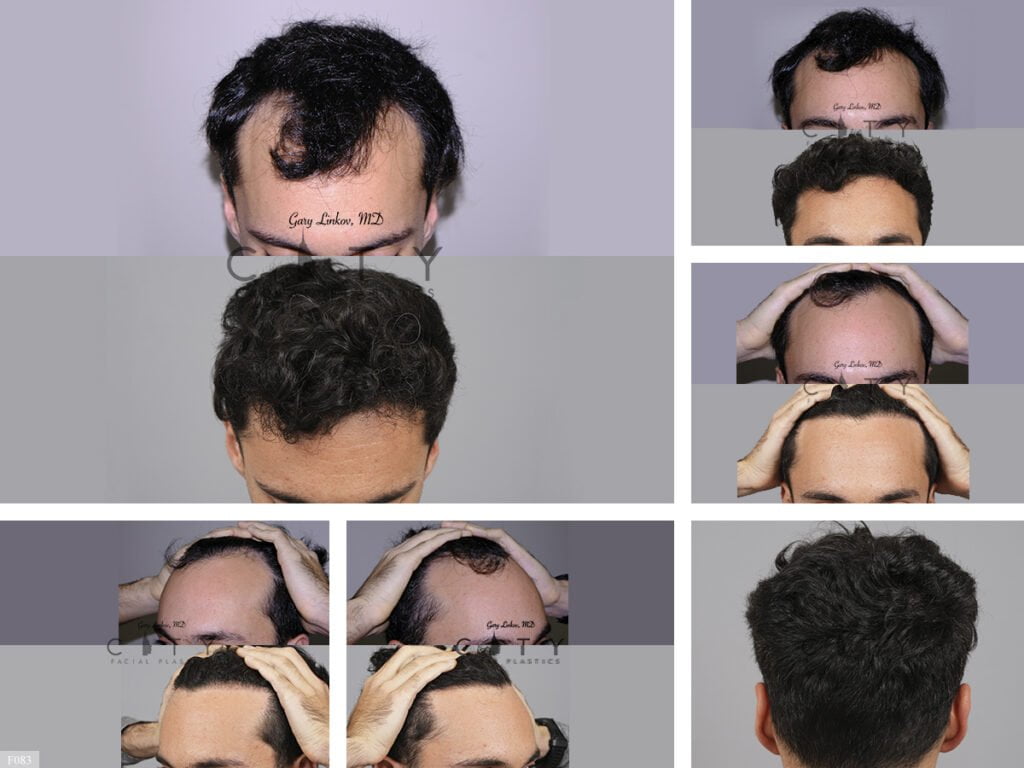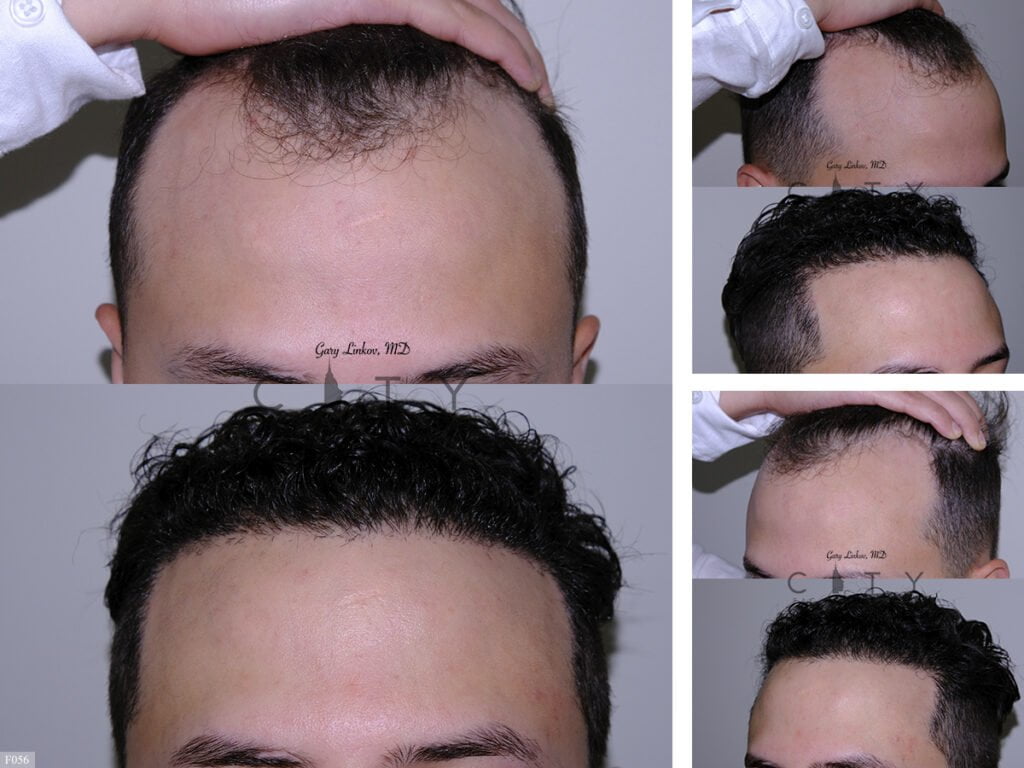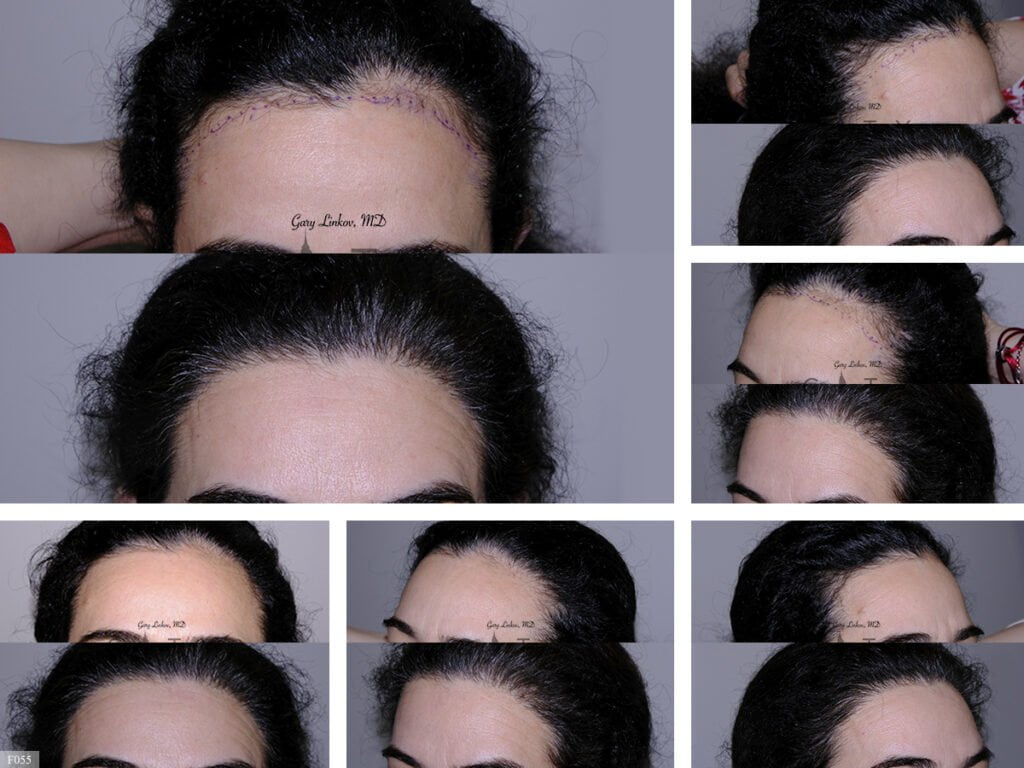Discoid Lupus Erythematosus
A chronic skin disease that may result in loss of your hair in round or oval patches, discoid lupus erythematosus requires medical attention. While there’s no permanent cure for this disease o the discoid lupus hair loss that comes with it, you can stop the damage and restore your hair if you catch the condition early enough. You can find the best discoid lupus erythematosus treatment at Linkov Hair Surgery in Manhattan, where Dr. Gary Linkov performs the tests needed for a diagnosis and uses the tools at his disposal to mitigate your discoid lupus hair loss. Call today for an appointment.
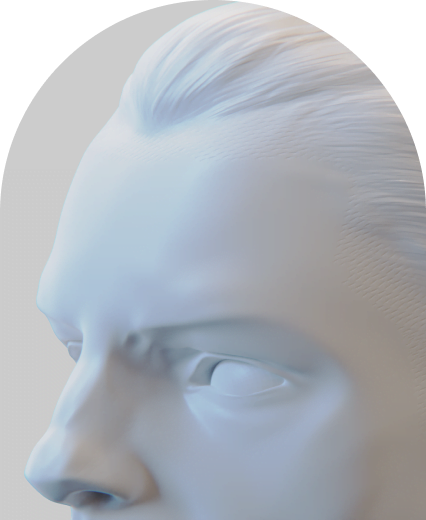
What Is Discoid Lupus Erythematosus?
Discoid lupus erythematosus is a chronic skin disease that falls within the umbrella condition of cutaneous lupus. It’s estimated that for every 100,000 cases, about 20 to 40 are diagnosed for discoid lupus hair loss. Sufferers usually complain of inflammation and rashes, with visible lesions on the skin surface. The most common areas where the condition manifests include your face, ears and scalp.
To get a proper assessment and treatment for your hair loss, you need expert help from a trained medical professional like Dr. Gary Linkov. The latest diagnostic tools identify your hair loss condition, such as:
- Discoid lupus erythematosus
- Traction alopecia
- Alopecia areata
- Androgenetic alopecia
At Linkov Hair Surgery in New York City, you find innovative hair loss treatments for men and for women. Let the best hair loss doctor in Midtown Manhattan resolve the conditions that cause male pattern hair loss and female pattern hair loss. Don’t let discoid lupus erythematosus rob you of your hair.

What Causes Discoid Lupus Erythematosus?
Medical professionals still aren’t 100 percent sure about the reasons behind the disease. The biological implications point to an autoimmune disease. Your body’s own immune system can suddenly start attacking healthy, normal skin cells. In some people, certain medications or infections may be the starting point for the condition.
The environment can trigger the discoid lupus hair loss. Ultraviolet rays and UV light have been linked to the disease, as the disorder is highly photosensitive. Stress and certain medical conditions — like diabetes, a hormonal imbalance or a vitamin D deficiency — may play some role in the manifestation of the disease. There’s also a high demand for discoid lupus erythematosus treatment among cigarette smokers. Studies also show a hereditary component, such as:
- While both men and women contract the disease, the risk factor for women is much higher than it is for men, by about a three-to-one ratio.
- African American women and people of color in general have a higher incidence rate compared to Caucasians.
- The riskiest age range for women is between 20 and 40.
- If someone in your immediate family has the disease, you have a high chance of getting it as well. It’s prudent to consult a hair loss specialist sooner to get diagnosed. The discoid lupus erythematosus treatment works best when you catch the disease early.
What Are the Symptoms for Discoid Lupus Erythematosus?
The distinctive oval or round shaped lesions are the first signs you’re suffering from discoid lupus hair loss. When the lesions heal, they leave behind discolored, raw skin. As the condition progresses, you may also develop scarring alopecia, where the inflammation completely destroys the hair follicles. This causes permanent hair loss that requires discoid lupus erythematosus treatment plan to even minimize the damage. The most common symptoms of the disease include:
- Scalp rashes, sores or lesions with a lighter center and darker edges
- Discoid or round-shaped plaques on your scalp that may spread to your face, ears or even your neck
- Disfiguring bald spots with a scaly or crusty appearance
Some sufferers complain about itchiness and pain. The symptoms are known to flare up for a time and then go into remission. But there’s no guarantee that the symptoms won’t come back, as the condition is usually a life-long battle. The best discoid lupus erythematosus treatment plan is to monitor the condition and use different methodologies to minimize the damage of discoid lupus hair loss.
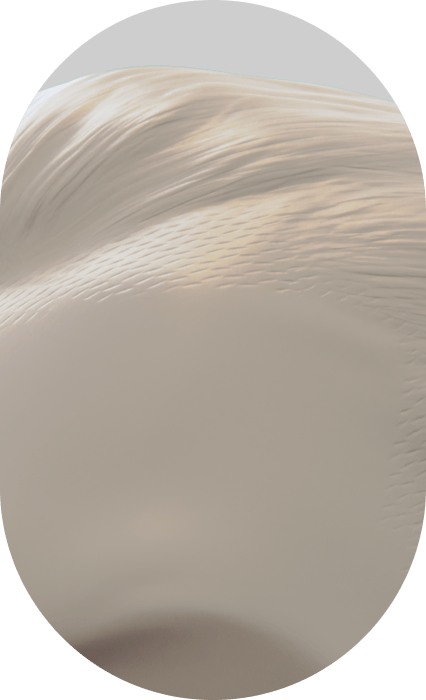
How Is Discoid Lupus Erythematosus Diagnosed?
Finding out the true reason behind your hair loss is often difficult when you have lupus. There are several types of hair loss that cause scarring. Other symptoms often are similar as well. Your doctor needs to assess your skin thoroughly to determine a diagnosis and rule out conditions, such as:
Taking a medical history is necessary to rule out systematic lupus erythematosus (SLE), a condition that affects many of your organs. About 28 percent of discoid lupus erythematosus cases progress toward developing SLE. An estimated 15 to 20 percent of SLE sufferers show signs of discoid lupus hair loss. Your hair specialist may start with a few general questions before proceeding to the next steps, which may include:
- Your doctor performs a thorough examination of the affected area, sometimes using a magnifying device to look at your lesions and rashes. The magnification helps the doctor assess your skin condition and how badly the scarring tissue formation has become.
- If your NYC doctor suspects SLE, you may need to undergo more extensive blood work.
- You may be asked to take a lupus band test, involving direct immunofluorescence. About 90 percent of discoid lupus hair loss sufferers return a positive result on the test.
- For most people, though, a skin biopsy is all that’s necessary to confirm the prognosis.
What Treatments Are Available for Discoid Lupus Erythematosus?
Early diagnosis is the key to make discoid lupus erythematosus treatment successful. The less scarring you have on the surface of your scalp, the better your chances for hair restoration. While there is no one cure for the condition, several treatments do show effective results. For most discoid lupus hair loss, your hair specialist doctor may suggest a procedure that’s suitable for the severity of your hair loss problem, such as:
- Anti-inflammatory pills, to help relieve the symptoms of inflammation
- Steroid ointments and corticosteroid injections, which lower the inflammation around your hair follicles
- Antimalarial medication, to reduce rashes and ease any joint pain and fatigue
- Laser therapies, effective in treating inflammatory lesions
- Immunosuppressant drugs, which boost your immune system
- Hair transplants, which provide the necessary coverage for your bald spots
- Microneedling and platelet-rich plasma injections, both of which provide promising results as discoid lupus erythematosus treatments
If you suffer from discoid lupus erythematosus, you need to be cautious when you go out in the sun. Wear a hat, put on sunscreen and maybe try out the latest in wigs. If you smoke, quit now to decrease your discoid lupus hair loss symptoms. Contact a Linkov Hair Surgery specialist to schedule a consultation.

Dr. Gary Linkov is an experienced Ivy League-educated hair transplant surgeon. Having suffered from hair loss himself, he treats his patients with compassion using a multi-disciplinary approach based on the latest hair regrowth methodologies and technologies.
He has authored numerous peer-reviewed articles and book chapters, contributing to the field. Dr. Linkov’s expertise in hair transplant surgery has earned him recognition and made him a sought-after physician. He was featured on the Dr. Oz Show for his needleless PRP hair restoration procedure. USA Today ranks him among the top three plastic surgeons in the United States for reconstruction and natural-looking results.
Publications More about Dr. LinkovLinkov Hair Surgery
150 E 56th St, #1A
New York, NY 10022
(212) 970-9404


